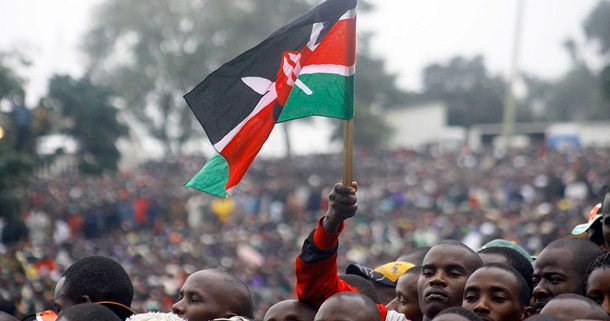The World Bank has approved a new project to support Kenya’s efforts in fighting poverty and improving lives through social protection. The Second Kenya Social and Economic Inclusion Project (KSEIP2) will provide targeted support to over 12 million vulnerable citizens, including children, adolescents, women, and the elderly.
The project, announced in a statement by the World Bank, is a follow-up to the recently concluded Kenya Social and Economic Inclusion Project (KSEIP). It will be financed through a $127.5 million investment from the International Development Association (IDA), the World Bank’s lending arm for the world’s poorest countries.
KSEIP2 is designed to strengthen Kenya’s social protection systems while promoting inclusive development and sustainable livelihoods. It will focus on increasing access to cash support and boosting human capital development through a variety of age-specific interventions.
Speaking on the development, Qimiao Fan, World Bank Division Director for Kenya, said:
“Inclusive growth and poverty reduction are realized when there are more and better jobs as well as more accessible jobs for the poorest and most vulnerable populations. The project’s innovative elements will prepare today’s children and adolescents for healthy and productive adulthoods, help poorer families with sustainable livelihood enhancement, and ensure that hard-won gains are not lost to food insecurity during times of drought or other crises.”
The KSEIP2 will scale up what the World Bank calls “cash-plus programs”—these are cash transfers that come with additional services such as nutrition, education, or job training. The goal is to build long-term resilience and help beneficiaries move from dependency on aid to economic independence.
These cash-plus programs will complement the existing National Safety Net Program (NSNP), a flagship initiative of the Kenyan government that delivers regular cash transfers to vulnerable groups like orphans, older persons, and persons with severe disabilities.
The new project will also support climate-resilient income-generating activities and connect vulnerable households to long-term savings and insurance programs. These measures are intended to protect families from future shocks, especially in drought-prone areas such as northern and northeastern Kenya.
According to the World Bank, another key component of KSEIP2 will be upgrading Kenya’s emergency response capabilities by investing in a more modern and efficient social protection system. This includes the ability to deliver quick cash assistance to affected families during periods of crisis, such as droughts or economic shocks.
The project aligns with Kenya’s long-term development strategy, Vision 2030, and the constitutional promise to provide social protection to citizens who are unable to support themselves. It is also in line with the World Bank’s 2023-2028 Country Partnership Framework for Kenya, which focuses on building household resilience, strengthening disaster preparedness, and creating jobs.
Shubha Chakravarty, Senior Economist at the World Bank and Task Team Leader for KSEIP2, added:
“The Government of Kenya is committed to supporting opportunities for every Kenyan family to sustainably exit poverty and vulnerability. The KSEIP2 Project supports the government’s ambition on disrupting the vicious cycle of poverty by focusing on investments in children and adolescents, as well as households with productive capacity. This objective will be achieved by working in synergy with other relevant government programs.”
KSEIP2 is expected to bring long-term benefits not only by offering direct cash support but by ensuring that vulnerable families have the tools and knowledge to build a more stable future. It will also reinforce Kenya’s ability to respond to emergencies, something the country has been battling with due to frequent climate-related disasters, including droughts and floods.
The project is another sign of deepening collaboration between the Kenyan government and the World Bank on poverty reduction and human development. Officials say implementation will begin immediately to ensure that support reaches beneficiaries as soon as possible.
